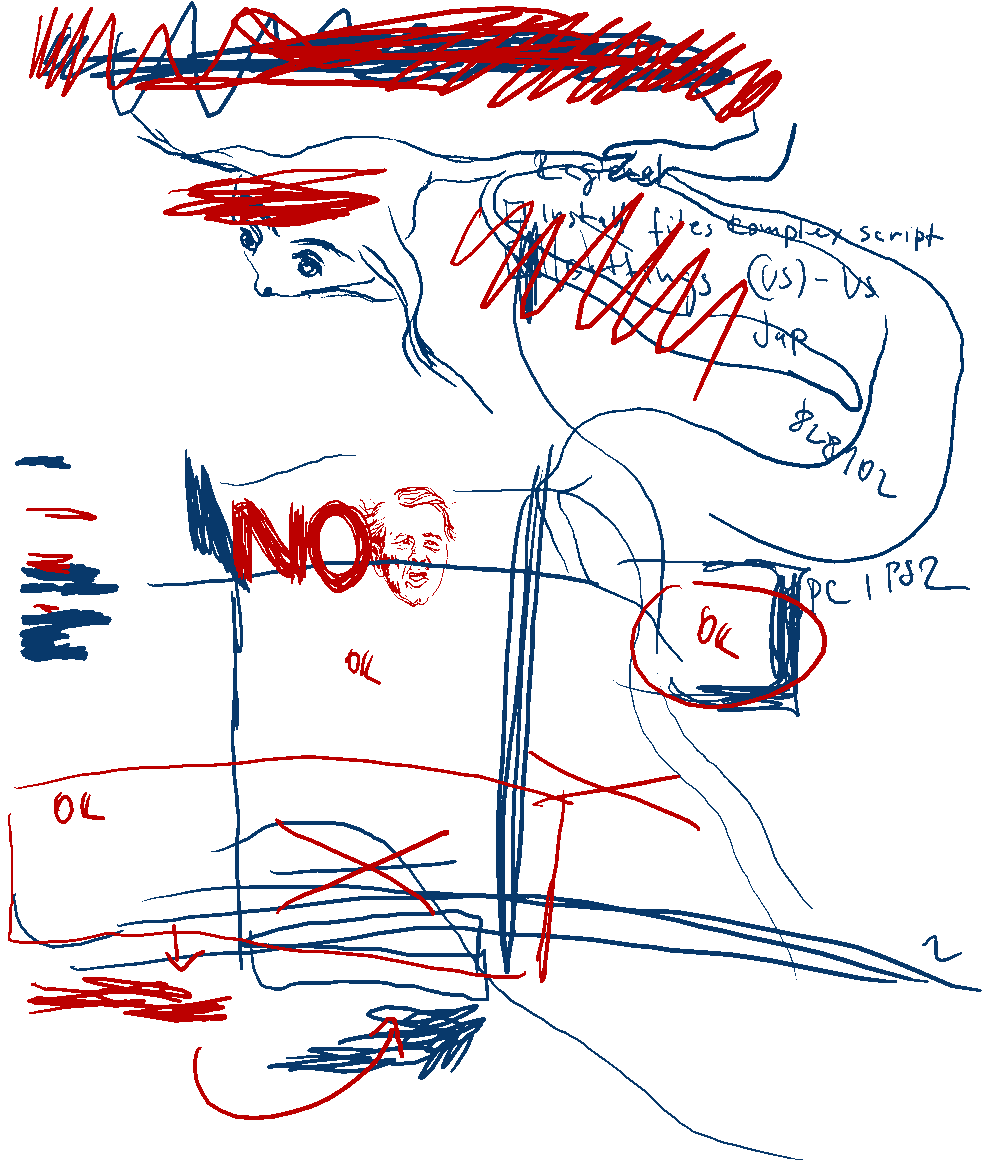What we covered today
• Starvation warning: Gaza is facing a man-made ‘mass starvation,’ the World Health Organization chief said Monday. More than 100 humanitarian organizations signed a joint letter calling on Israel to restore the full flow of food, clean water, and medical supplies to Gaza.
• Death toll rises: At least 10 people have died from starvation in the last 24 hours, according to the Palestinian health ministry in Gaza.
• On the ground: Gazans still face Israel’s near-daily bombardment since the war began nearly two years ago. Yesterday, an Israeli airstrike killed at least 10 people, including a toddler and two other children.
• Ceasefire latest: US special envoy Steve Witkoff will travel to Europe this week for conversations on a Gaza ceasefire, a US official said. He will then visit the Qatari capital of Doha for further talks, according to a separate source.





















